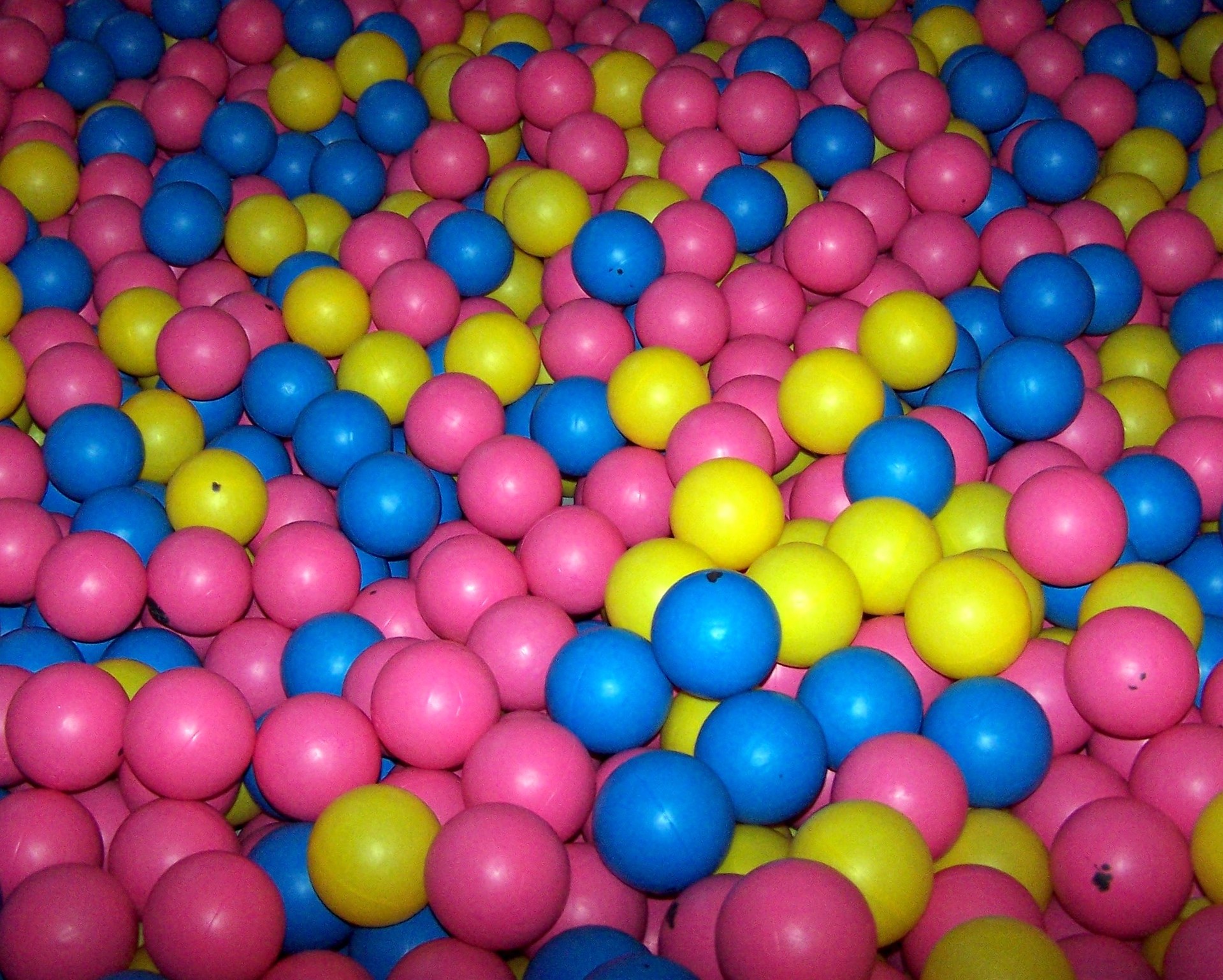U.S. Bans Microbeads

Phasing out these plastics will improve our health
By Melanie Stewart
Goodbye Microbeads! We won’t miss you!
OK, maybe you have just realized your favorite beauty or health care product is going to change, and you think I’m crazy. You might be right about that, but I think I can change your mind on missing microbeads.
Just to make sure we are on the same page, microbeads are small (under 5 millimeters) bits of plastic that are found in toothpastes, cosmetics, body washes—literally hundreds of products that we use every day. You may think those little specks dissolve when you use the product, but plastic doesn’t dissolve. Right now it’s estimated that Americans use 8 TRILLION microbeads a day (that’s enough to cover 300 tennis courts daily), all of which ends up in streams, lakes, and oceans because they’re so small they pass right through filters in water treatment plants.
Companies often use microbeads as exfoliators, and also use ‘plastic dust’ in cosmetics to help fill wrinkles or add shine to lip gloss. Plastic is cheaper and smoother than natural exfoliators such as ground walnut hulls. This allows you to use their products more often, which means you consume more of their products and they make more money.
So how does this affect your health?
Plastic readily absorbs persistent organic pollutants (POPs), which are toxic chemicals (pesticides, industrial chemicals, flame retardants, etc.) that can affect human health. POPs have been linked to developmental, behavioral, neurologic, reproductive, endocrine and immunologic effects in humans.
Microbeads, like most plastic, are small and lightweight which means they are easily moved around in the water, introducing toxins to areas that are nowhere near their source. A single microbead can be a million times more toxic than the water around it. Microbeads in the water are consumed by fish and other marine life. POPs accumulate in body fat, becoming more concentrated as they move up the food chain….and humans are at the top of almost every food chain, so we get a lot of exposure.
Aren’t you glad this bipartisan bill was passed by congress and signed by the President?
Want to do more? Use less plastic! If it’s not recycled, it may end up polluting waterways and harming birds and ocean animals. These pictures will provide motivation to bring your own bag to the store, cut six-pack rings, and recycle plastic products.
